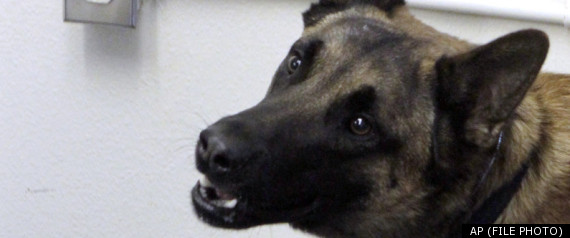Superman becomes a super-rebel – and scourge of the American right
Saturday, 30 April 2011

Reuters
In the 900th edition of Action Comics, Superman declares he is to renounce his American citizenship
Sponsored Links
He's still a firm believer in truth and justice, but the world's foremost superhero is no longer sure he can carry on proudly endorsing the American way. As he approaches his 80th birthday, Superman has made a shock decision: he intends to renounce his US citizenship.
The move, to be announced next week in the 900th edition of Action Comics, comes after a peculiarly topical plot twist: the Man of Steel finds himself being criticised by the White House for joining young Muslims at a rally against the regime of President Mahmoud Ahmadinejad in Tehran.
"I'm tired of having my actions construed as instruments of US policy," he wearily tells the President's National Security Advisor. "Truth, justice and the American way... It's not enough anymore. The world's too small. Too connected. I intend to speak before the United Nations tomorrow and inform them that I am renouncing my US citizenship."
The comments have sparked heated debate among fans of the superhero, who was created in the 1930s. With his perfect teeth, rags-to-riches story and enduring ability to kick butt, Superman has, until now, represented a red-blooded embodiment of the American Dream.
Born on a fictional planet called Krypton, he was raised by a farmer and his wife in rural Kansas. Since becoming an adult, he's lived a double life in New York as Clark Kent, a "mild-mannered" reporter for The Daily Planet, who uses vacant telephone boxes to change into his patriotically coloured blue jumpsuit and red underpants whenever a wrong needs righting.
But since the end of the Cold War, Superman has increasingly found his philosophy at odds with official US policy. His threat to renounce citizenship, which has yet to be followed through, can perhaps therefore be interpreted as an acknowledgement that modern superheroes can no longer view right and wrong through a prism of narrow patriotism.
That sort of liberal hand-wringing is more-or-less guaranteed to upset Middle America, however. News that Superman's commitment to the USA is wavering sparked comic levels of outrage among right-leaning commentators yesterday.
"We are turning into the biggest bunch of pantie-wasted sissies I've ever seen," wrote one Jimmy Wallingford, of Texas, after reading of the development on the New York Post's website. "Has anyone at DC Comics been to another country? America may have some problems, but there is nowhere I'd rather be!"
Another reader, Bernie Loverde, suggested that the development was part of a plot to indoctrinate children with left-wing beliefs. "Do progressives, with their one global life and political correctness, have no end to what they have to shit all over?" he asked. Such comments conveniently ignore the fact that, since he was never formally adopted, Superman is officially classified as an illegal alien. By the logic of most conservatives, he does not therefore have US citizenship to renounce.
Nonetheless, the publishers of DC Comics, Jim Lee and Dan DiDio, appear to be concerned at the level of hostility their new edition has generated. They released a statement yesterday arguing that, despite his commitment to an increasingly international outlook, Superman will continue to embody the best of America.
"Superman is a visitor from a distant planet who has long embraced American values. As a character and an icon, he embodies the best of the American Way," it read. "In a short story in Action Comics 900, Superman announces his intention to put a global focus on his never-ending battle, but he remains, as always, committed to his adopted home and his roots as a Kansas farm boy from Smallville."
The repositioning certainly makes sense from a commercial point of view, with a new Superman film on the way and Hollywood increasingly dependent on international box office returns.
Defenders of the move have also pointed out that Superman is not the first superhero to thumb his nose at the US. During the Watergate scandal of the 1970s, Captain America also renounced his citizenship.

